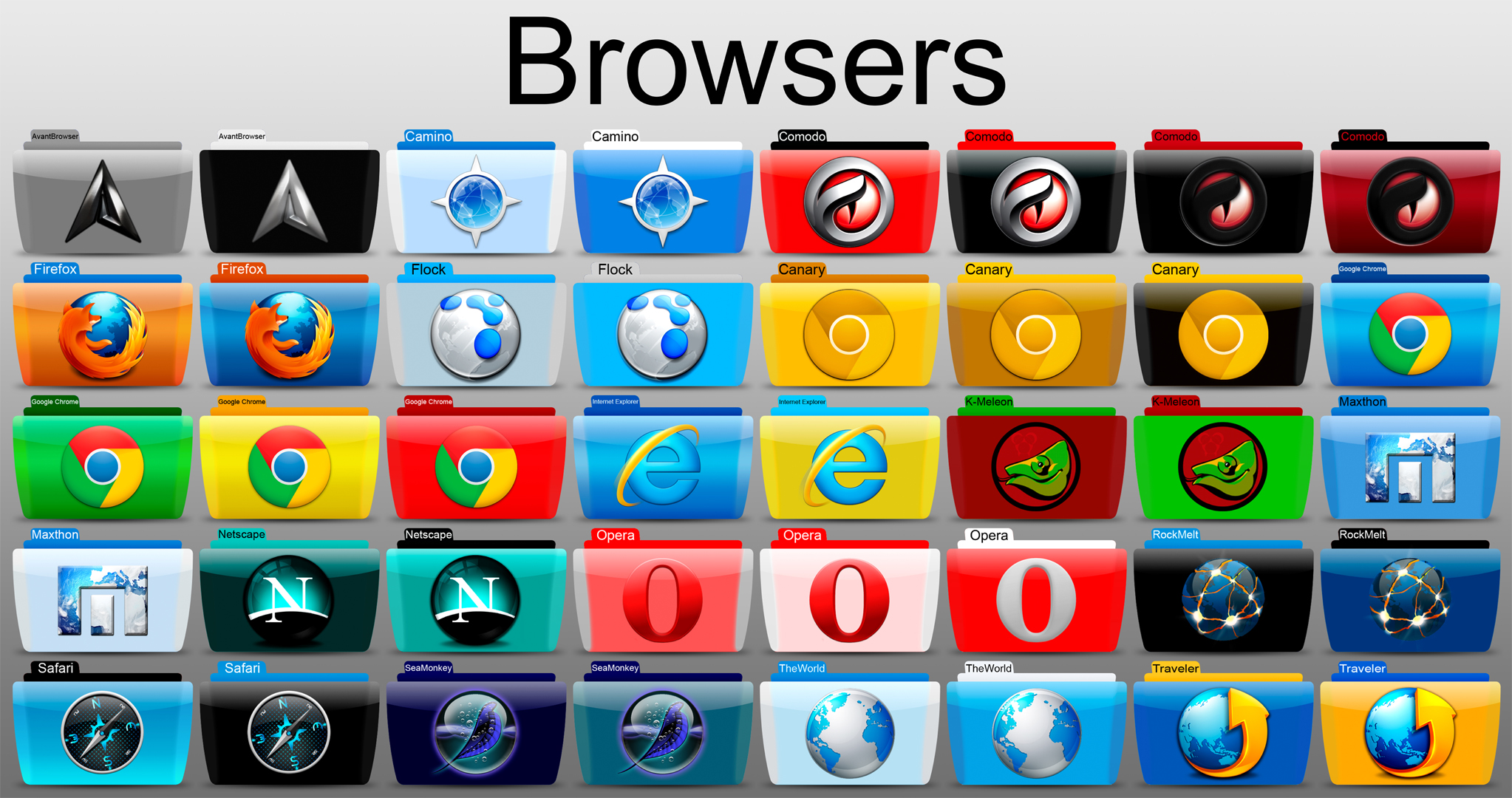Do you know how many web browsers are available on net ?. To run any web application, we need at least on the browser. Normally we refer either Google Chrome, Mozilla Firefox, Internet Explorer or Opera.
Do you know how many web browsers are available on net ?
This reason for choosing these limited browsers are, that we have no idea that how many browsers are available in the market. They may be better for the application that depends on the web services.
The major factors that matter to all the browsers are their
- Speed
- Security
- HTTP services
- FTP services
- Session/cookies
- Plugins etc
How browsers works?
- Browsers largely look and act the same:
- They render HTML in multiple tabs or separate windows, let you bookmark pages, support HTTP and FTP file transfer, or offer private browsing (no data is stored).
- Deep inside each one, however, are operational differences that may or may not fulfill your needs.
Specializations of some popular browsers.
- Opera: Opera had a long-standing and well-deserved reputation for being fast, but not rendering all pages correctly. A switch from a proprietary HTML layout engine to free and widely-used WebKit (currently version 537 as with Chrome) has made that a thing of the past.
- Internet Explorer has a history of being exploited by bad guys, both because of its immense popularity and its ActiveX technology. Give Microsoft credit: It’s doggedly improved the Trident layout engine, adopted standards, and improved security. IE is no longer something I advise users to avoid.
- Mozilla Firefox: Firefox can’t be beaten when it comes to customizability and features. It’s also fast, secure, and protects your privacy. It’s our Editors’ Choice for Web browsers.
- Google’s Chrome browser is speedy, includes leading standards support, strong security features, and a clean interface, but it’s no longer the fastest browser and it lacks some features found in the competition.
- The Opera browser has some new tricks up its sleeve. Notable recent additions include a built-in VPN, an ad-blocker, and a battery-saver mode, all of which make it well worth downloading.
- Microsoft’s Edge Web browser is getting better and better. It aces the JavaScript benchmarks, has a clean interface, offers good security, and now supports extensions. But it still lacks some features found in more mature browsers.
- Maxthon bucks the current trend of stripped-down browsers by embracing a rich feature set. It trails the competition in speed and tab implementation, however.
- Vivaldi brings customizability and geekiness back to the Web browser. It lacks some basic features offered by its more mature competition, but it’s fast and fun to use.
Some popular browsers that you should be tested if you are a web developers
 |
Chrome |
 |
Firefox (also known as Mozilla Firefox) Mozilla Corporation |
 |
Edge Microsoft Corporation |
 |
Internet Explorer Microsoft Corporation |
 |
Safari Apple Inc. |
 |
Opera Opera Software ASA |
 |
SeaMonkey SeaMonkey Council |
 |
Maxthon Maxthon |
 |
Vivaldi Vivaldi Technologies |
 |
GNU IceCat Free Software Foundation, Inc |
 |
Dragon Comodo |
 |
IceDragon Comodo |
 |
Sleipnir Fenrir Inc. |
 |
Yandex Browser Yandex |
 |
Tor The Tor Project, Inc |
 |
Pale Moon Moonchild |
 |
The Classic Browser The Classic Tools |
 |
Dooble Dooble |
 |
Polarity Browser Polarity |
 |
Crusta Browser Tarptaeya Inc |
 |
Otter Browser Michał Dutkiewicz |
 |
Brave Brave Software Inc. |




